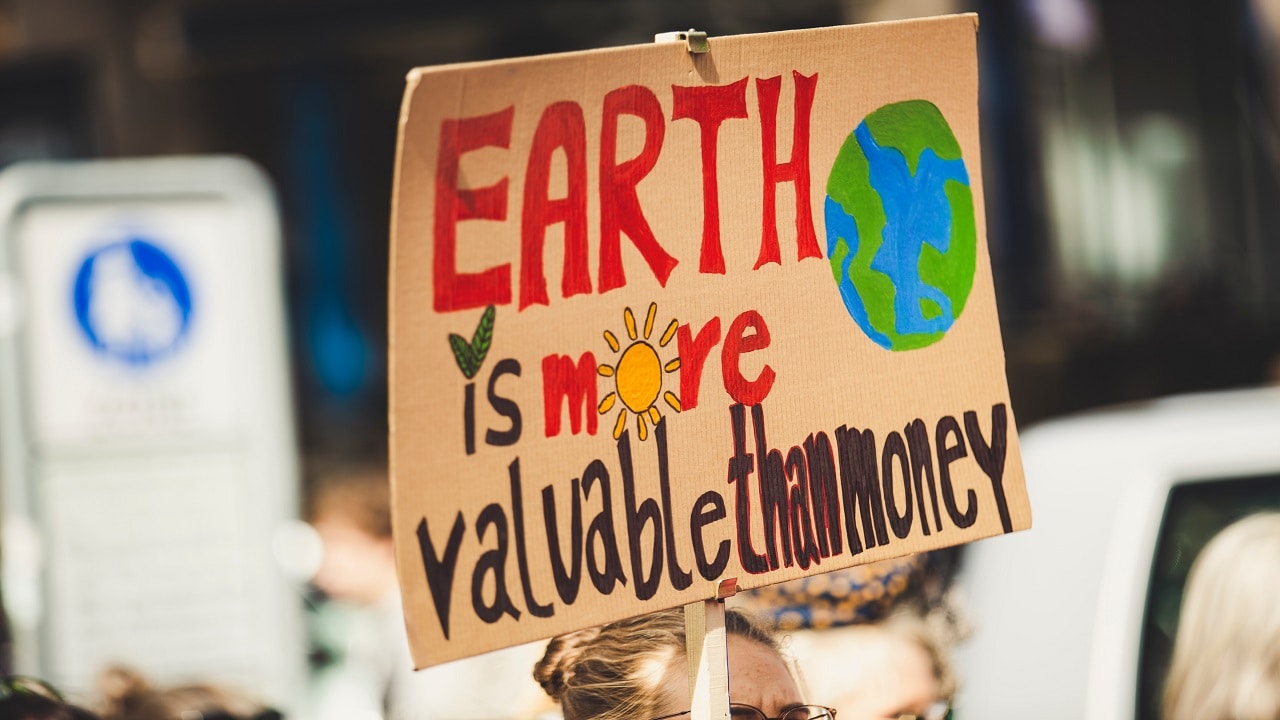Dentsu and Kantar launched Marketing a Better Future, a flagship study exploring the role APAC marketers play in achieving corporate sustainability ambitions and sustainable development goals.
With the exponential growth of Asian economies, spending power is moving East with the region shaping global consumption trends. This gives Asian consumers and companies a new and unique responsibility, especially as the region is expected to bear the brunt of climate-related catastrophes. Consumer behaviour urgently needs to shift to more sustainable habits and lifestyles. According to Kantar’s latest Global Issues Barometer, climate issues are a key concern with nearly 60% of consumers globally saying they experience eco-anxiety which is driving increased consciousness and desire for action. In tandem, system-level changes are needed to reach global sustainability targets and ensure the planet’s future. There is no doubt that businesses, brands, and their agency partners are at a nexus of need and opportunity. As the bridge between brands and consumers, marketers have a unique opportunity, and therefore the responsibility, to be generational agents of change influencing consumer behaviour, as well as driving customer-informed innovation.
Marketers are failing, however, to grasp the opportunity. Dentsu and Kantar’s inaugural study of over 70 brand marketers in 12 markets across Asia-Pacific found that only one in three (34%) marketing and insights teams are ‘executing against their sustainability plans and measuring progress’. This compares unfavourably to 46% in the supply chain, and 51% in corporate strategy. The new study identified two significant intention-action gaps, the consumer intention-action gap and the organisational intention-action gap, where marketers’ challenges are rooted.
In order to achieve deep, needle-moving advancement in sustainability, the study found marketing functions need a philosophical revamp: to be given the mandate to drive innovation beyond short-term sales KPIs, and to create growth that is good for society and the planet as well as business. Corporate sustainability transformation and sustainable consumption need to become the organising principle around which marketing functions. The study predicts that by making this radical change, brands will be able to drive the behaviour and lifestyle shifts required to achieve the 40% – 70% reductions in greenhouse gas emissions that the sixth IPCC assessment report estimates as achievable.
Dominic Powers, chief growth officer, dentsu Asia Pacific said, “Meaningful progress in sustainability requires an ecosystem level effort where businesses, consumers and civic society, policymakers, regulators and capital providers work in harmony. Marketers must not only be empowered by businesses to drive innovation that can fuel deep change, but they must also revamp the entire philosophy behind the way the function is designed, which is predicated on selling more. At dentsu we design the ‘what’s next’ for brands. It is clear that sustainable consumption has to be the organising principle of marketing teams, who must now instead focus on inspiring people everywhere to a new way of sustainable living.
“To do this, brands and marketers must reframe their constituents to include ecosystem partners that co-own the sector’s value chain and its carbon footprint. By positioning themselves as the change agent between the larger ecosystem, customers, and their company, marketing teams will be uniquely positioned to drive relevant, resonant, step-change innovation that will help ensure a sustainable future for us all,” added Powers.
Trezelene Chan, head, sustainability practice, Kantar APAC added, “We already know that the consumer intention-action gap is a problem for marketers, with 56% identifying it as a major challenge. Only 17% of Asian consumers actively change their behaviour to be more sustainable, despite 98% of Asians saying they will. Our study reveals, however, that the organizational intention-action gap is an equally important challenge to be addressed.”
She went on to add that, although 73% of marketers believe sustainability is important for business continuity and value growth, the study uncovered tactical and fundamental barriers that hinder marketers from taking on meaningful sustainable leadership. These include a focus on short-term sales growth targets above all other KPIs, a lack of clarity within the marketing function around metrics of success in relation to sustainability goals, and a lack of adequate resources or capability building for sustainability within the marketing function.
Emphasising on the need of the hour, Chan added, “Innovation, collaboration, and ownership across the different business functions against a clear set of sustainability goals will be required. Sustainability initiatives by the brand need to address consumers’ and the planet’s needs holistically and simultaneously. This means a whole new mindset for marketers and their corporate leaders.”
